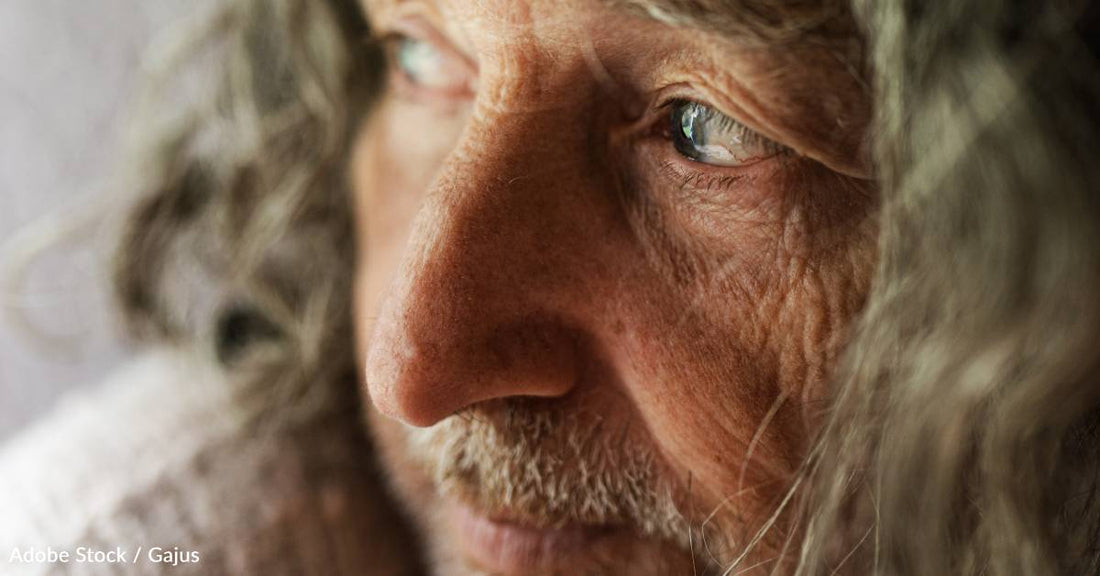Unhoused Veterans Face Increased Risk of Dementia, New Research Shows
Michelle Milliken
Homelessness among veterans has been on the decline in recent years. However, according to the U.S. Department of Housing and Urban Development’s Point-in-Time Count, there were still more than 33,000 veterans experiencing homelessness in January 2022. While housing issues like this can cause a strain on physical and mental health, a new study finds it may also be impacting the long-term brain health of these veterans.
Research recently published in the Journal of the American Geriatrics Society investigated the rates of Alzheimer’s disease and related dementias in veterans experiencing homelessness or housing instability, compared with veterans with stable housing.
After a follow-up period of nine years, the researchers found that those with housing issues were 53% more likely to receive a dementia diagnosis. The team says this should encourage health care providers to monitor the cognitive health of those experiencing housing insecurity, while supportive housing programs should make some tweaks to help veterans who have already developed the disease.
Jill Roncarati, study co-author from the VA Bedford Healthcare System, says, "Our findings call for greater supports for independent living for Veterans experiencing housing instability with Alzheimer's disease and related dementias—such as using federally funded housing vouchers for non-traditional options like assisted living facilities.”
The study involved 44,194 veterans experiencing homelessness or housing instability, matched with the same number of veterans who had secure housing. They were followed between 2011 and 2019. None had a dementia diagnosis before the study period, and their average age was 63.
Mid-way through the study period, 7.23% of the group with housing issues had received an Alzheimer’s and related dementias diagnosis, compared with 3.66% of their peers. The researchers say after a veteran is diagnosed with the disease, they’re also more apt to experience housing issues later.
Veteran homelessness has decreased by 55% since 2010 and by 11% since early 2020. President Joe Biden and Kamala Harris’ administration also reached a goal earlier this year to permanently house 38,000 veterans in 2023. Through October, that figure was 38,847.
At the time the figures were released, VA Secretary Denis McDonough said, “More than 38,000 Veterans now have the safe, stable homes that they deserve — and there’s nothing more important than that. While we met our goals for 2023, we’re not stopping here. We’re going to keep pushing — through the end of this calendar year and beyond — until every Veteran has a safe, stable place to call home in this country they fought to defend.”
While the work has progressed and more veterans have roofs over their heads, there are still many more in need. If you’d like to lend these veterans a hand, consider sending them - and their pets - a pack with necessities to get through the winter. Find out how here!




